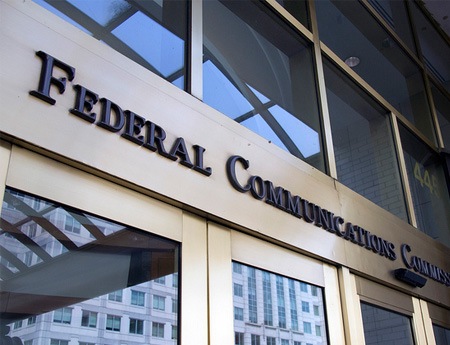Comcast: Verizon BDS Approach Lawless, Irrational
The smarter way to stay on top of the multichannel video marketplace. Sign up below.
You are now subscribed
Your newsletter sign-up was successful

Comcast says there is no reason for the FCC to start regulating business data services from new entrants to the market, like Comcast, as Verizon has proposed, calling it a cynical, lawless and irrational approach.
In a filing with the FCC this week, Comcast said the marketplace is more competitive than ever and "lends no support to persistent and unprincipled calls for expanding rate regulation, with respect to both incumbent LECs and new entrants like Comcast."
Comcast says that there is "copious" evidence of billions of dollars of investment and declining prices due to competition.
FCC chairman Tom Wheeler is widely expected to put a vote on his BDS regulatory revamp on the agenda for the Oct. 27 public meeting.
If so, Comcast argues that "the only rational course of action for the Commission is to focus on eliminating entry barriers in the BDS marketplace and to exercise restraint in regulating rates."
In a politically divided vote April 28, the FCC approved a Notice of Proposed Rulemaking on what the chairman called a tech-neutral approach.
NCTA: The Internet & Television Assocaition, of which Comcast is the largest member, has called it an unprecedented move to regulate the rates of a new entrant that will threaten the gains cable operator ISPs have made against the incumbents with the lion's share of the market.
The smarter way to stay on top of the multichannel video marketplace. Sign up below.
The FCC is proposing to phase out the presumption of regulating the rates of historically "dominant carriers" -- the ILECs (incumbent local exchange carriers) -- which had been a way to boost competition from "nondominant" CLECs (competitive local exchange carriers) and from cable competitors, and instead regulate the rates of any of them as it deems necessary. That is in the name of boosting price and service competition for the "special-access"--rebranded by the FCC as "broadband data"--services.
The proposal is rooted in a compromise offering from ILEC Verizon and CLEC group INCOMPAS. Wheeler has argued that a BDS revamp is needed for the competitive backhaul pricing for 5G, and thus is a key to the universal wireless coverage that is an Obama Administration priority.
Comcast says that Verizon's "self-contradictory and arbitrary proposals to extend rate regulation to new entrants without regard to whether they possess market power would undercut core policy goals, defy decades of precedent, and trample on bedrock administrative law principles."
Comcast also says that Verizon's suggestion that the FCC delay rate regs on new entrants for three years until the FCC has done a planned reassessment of the competitive market is "mere window dressing" since Verizon says after those three years, not matter what the assessment shows, the rate reg benchmarks should apply.
"[R]ate regulation of new entrants cannot simply be 'deemed' the new default state of affairs from which providers may seek relief," said Comcast. "Instead, given that no new entrant is subject to rate regulation today, there must be record evidence justifying the imposition of such regulation."
Verizon declined comment.
Contributing editor John Eggerton has been an editor and/or writer on media regulation, legislation and policy for over four decades, including covering the FCC, FTC, Congress, the major media trade associations, and the federal courts. In addition to Multichannel News and Broadcasting + Cable, his work has appeared in Radio World, TV Technology, TV Fax, This Week in Consumer Electronics, Variety and the Encyclopedia Britannica.

